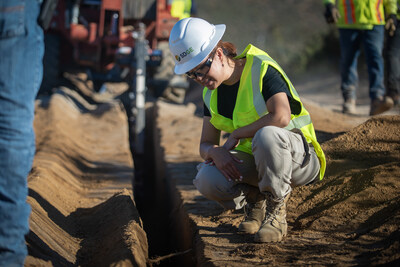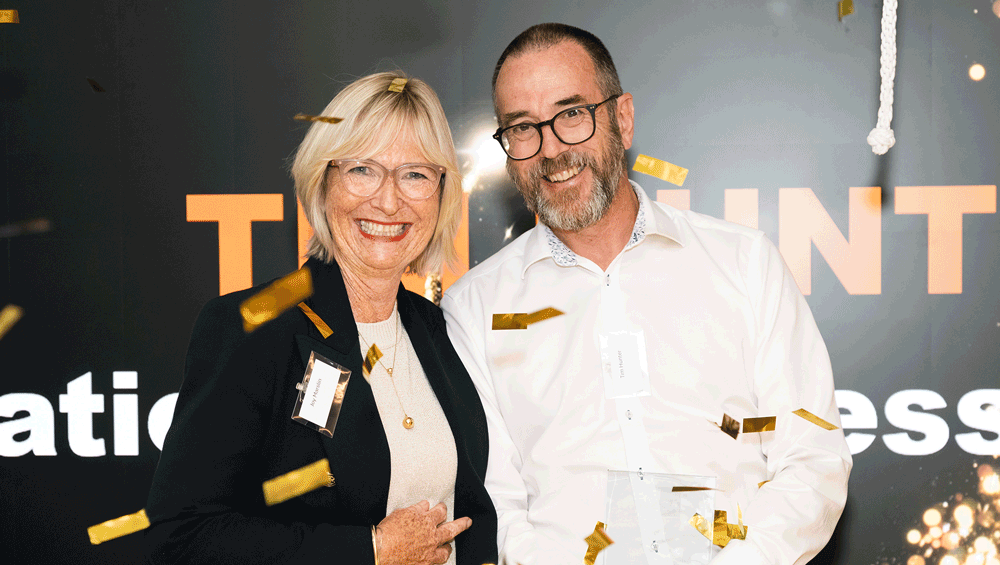
Open Text CEO and CTO Mark Barrenechea speaks at the Open Government Partnership Global Summit in Ottawa on May 29, 2019. Justin Tang/The Canadian Press Shareholders gave the multimillion-dollar pay packages at Canadian companies their highest approval rates in years in 2024, but a handful of companies still flunked the test. The average approval percentage for advisory votes on executive compensation – also known as say on pay – was 92.
14 per cent, the highest level since the pandemic year of 2020, according to a study by consultancy Compensation Governance Partners of the 100 largest companies by market capitalization listed on the Toronto Stock Exchange. Among those large companies, only one failed to get at least 50-per-cent approval: Open Text Corp. OTEX-T , which got only 25.
1 per cent of its shareholders to vote “yes.” Most large Canadian public companies conduct say-on-pay votes, which allow shareholders to express a non-binding opinion on a company’s pay practices. Major proxy advisory services such as Institutional Shareholder Services (ISS) and Glass, Lewis & Co.
have their own formulas for evaluating compensation systems and produce a recommendation on how shareholders should vote. Generally, approval is the norm. Compensation Governance Partners looked at seven years’ worth of disclosures and found that 2023′s average approval rate of 90.
71 was the lowest. The highest was 93.37 per cent, in 2020.
Five companies passed the test but had less than 80 per cent of shareholder votes in 2024, the consultancy found. Many institutional investors and advisory firms expect a company to speak to shareholders about its compensation plans if the say-on-pay vote falls below 80 per cent. Open Text’s shareholder vote, which was held in September because of the company’s June 30 fiscal year end, was its third consecutive fail.
The company received a 29.52-per-cent result in 2023 and a 44.95-per-cent result in 2022.
Open Text has paid chief executive officer Mark Barrenechea a total of US$53.93-million in the past three fiscal years, including US$23.25-million in the year ended June, 2023.
He placed among Canada’s five best-paid CEOs in The Globe and Mail’s annual pay survey for his 2023 and 2022 compensation. His US$14.74-million in pay for the year ended June, 2024, will be ranked in next year’s survey.
ISS, which recommended a “no” vote on Open Text’s say on pay, said the company’s total shareholder return has underperformed the S&P/TSX Composite Index on a one-year, three-year and five-year basis, while Open Text underperformed peers on a one-year and five-year basis. ISS said that while the company has engaged with its shareholders and made some positive changes to its practices, “the CEO pay-for-performance misalignment continues to exist.” In its “no” recommendation, Glass Lewis said “it can be argued that poor performance justifies below median compensation in order to align executive pay with results and the shareholder experience.
That is, after all, the basic compensation tenet of pay for performance.” In a statement to The Globe, Open Text spokesperson Erin McCabe said the company’s executive compensation program “is designed to support our strategic business priorities and is market-aligned to foster our ability to compete for executive talent globally, including in the highly competitive Silicon Valley.” She added that the company’s board will continue to engage with shareholders.
Only one other member of the S&P/TSX Composite of 200-plus companies, First Majestic Silver Corp. AG-T , failed its 2024 vote, according to data produced for The Globe by governance consulting firm Alliance Advisors LLC. The company received 49.
2-per-cent support, just below the 50-per cent threshold but above its 26.17-per-cent result in 2023. ISS, which recommended a “no” vote, said there was a misalignment between pay and performance at First Majestic.
It said CEO Keith Neumeyer’s pay increased about 20 per cent in 2023 and appeared to be above the median of the company’s peer group. But, ISS said, the company’s shares have underperformed the S&P/TSX Composite Index and its peers for the one-, three- and five-year time frames and some financial and operational metrics, including measures of profitability, were below the peer median over the past three years. The company did not reply to requests for comment.
There were 12 other companies, besides Open Text and First Majestic, that received between 50-per-cent and 80-per-cent support in 2024. There were 15 in that range in 2023. Kingsdale Advisors said four Canadian companies failed say-on-pay votes in the past proxy season, which it defines as July 1, 2023, to June 30, 2024.
The two additional ones were energy infrastructure company Enerflex, which got only 31.8 per cent of the vote at its May meeting, and Aimia Inc., which got 46.
8 per cent in June. Enerflex declined to comment for this story. Aimia spokesperson Joe Racanelli noted the company had an activist investor, holding almost 30 per cent of the company’s shares, that put forward its own slate of director nominees and voted against the executive compensation plan.
.













